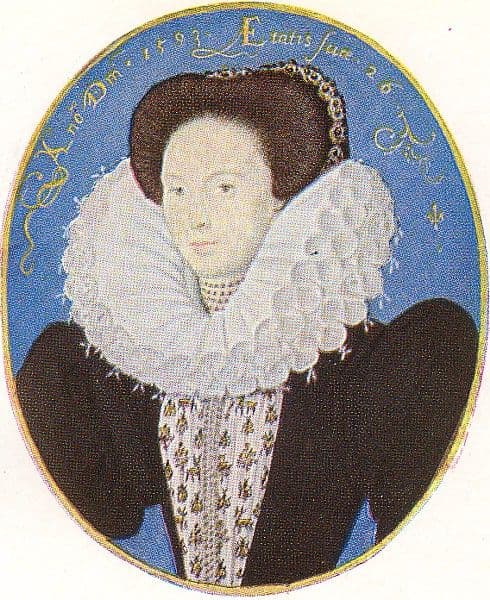Published: 22 July 2022
Last updated: 5 March 2024
Emilia Bassano sounded like a “woke fantasy” when playwright JOHN WARSZAWSKI first heard of her. He tells DEBORAH STONE why he is bringing her to life.
Shakespeare mysteries have been the stuff of literary speculation for hundreds of years.
A third of his sonnets are addressed to a “Dark Lady” who has never been identified.
The theory that William Shakespeare of Stratford was a front for another writer has resurfaced periodically, with various men in the running, including Francis Bacon, Edward de Vere and Christopher Marlowe.
Melbourne carpenter-turned-playwright John Warszawski had no particular thoughts on the matter until he stumbled across an article in the Atlantic Monthly which made a radical suggestion: the author of Shakespeare’s plays was an Elizabethan poet named Emilia Bassano.
Bassano had a lot against her: she was a woman at a time when women were banned from the stage, she was dark-skinned, and she was, very probably, of Jewish heritage, at a time when Jews were banned from England.
“On the surface, it seemed like a woke fantasy – a woman, Jewish, dark-skinned, writing Shakespeare’s plays: come on!” Warszawski recalls.
But the more he read, the more convinced he became. The evidence, he felt, was compelling, and all those barriers might also explain why a talented woman used the identity of a jobbing Stratford actor to peddle her work.
Emilia - not a fashionable name at the time - is the most common female name in the plays, and forms of the name Bassano also recur.
Warszawski read John Hudson’s book, Shakespeare's Dark Lady: Amelia Bassano Lanier, The woman behind Shakespeare's plays?, and mentioned to a friend that it would make a good play.
“Why don’t you write it?” came the response.
The result is I am Emilia Bassano, which will premiere in Melbourne in August. The play is an intimate, cabaret-style two-hander in which Bassano and a fellow actor, named Touchstone, time travel from the 16th century to tell her story.




